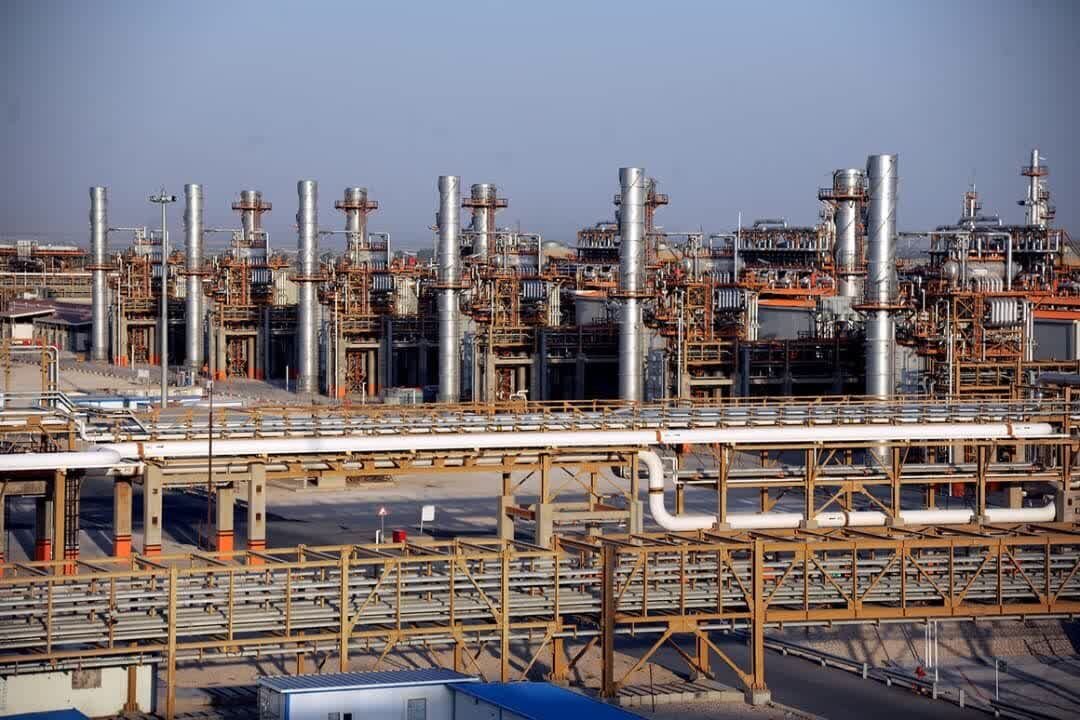Major flare gas recovery plan in East Karun reaches 60% progress

TEHRAN – Iranian Oil Ministry’s major plan for recovering flare gases in East Karun oil fields, which is being implemented in the form of 25 projects in four provinces, has reached 60 percent progress, Shana reported.
This plan, which is being implemented with an investment of $1.1 billion by Bidboland Gas Refining Company, will play a key role in preserving the environment of the region and protecting national wealth.
As reported, the recovered gases will be used as feed for Bidboland refinery.
Gas flaring is the process of burning the gas released through certain industrial processes, including oil extraction. In the past, when the demand for natural gas was low and, consequently, producers had little incentive to gather and sell it, it was generally – and more reasonably – dissipated through flaring.
Now, however, natural gas is known to be a valuable means of generating electricity and an important raw ingredient for the petrochemical industry. On the other hand, when released into the air, unrefined gas pollutes the atmosphere by releasing greenhouse gases such as carbon dioxide, causing extensive environmental damage.
Persian Gulf Bid Boland Gas Refinery in Iran’s southwestern Khouzestan Province was officially inaugurated by the previous president Hasan Rouhani in mid-January, 2021.
The refinery, which had previously started its operation, is aimed at increasing the production of sweet gas, reducing the consumption of petroleum products, production of propane, butane, and gas condensate, the export of by-products, the supply of natural gas to urban areas, and supplying ethane required by petrochemical units in the region.
In 2020, Bid Boland Refinery project was nominated for the International Project Management Association (IPMA)’s Global Project Excellence Award at the energy sector; it was also awarded as Iran’s top mega project by the Ninth National Project Management Award.
Bid Boland project is leading in terms of benefiting from domestic capabilities.
It is playing a significant role in providing feed to the country’s petrochemical plants and completing their output basket.
EF/MA
